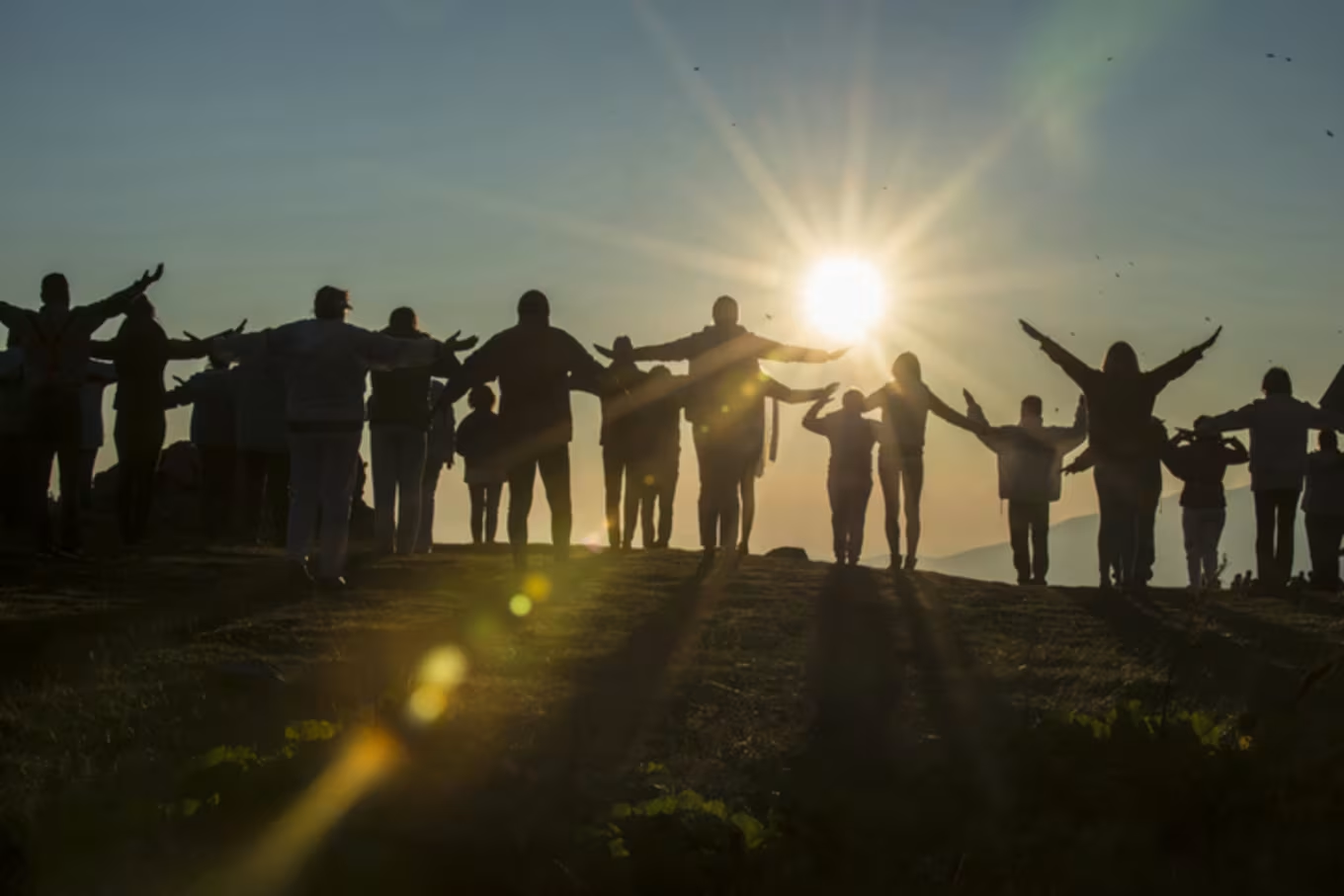Develop your creativity with these seven tips:
It may sound obvious, but practice is essential for creativity. No screenwriter is born with hundreds of script ideas in their head, and no starting designer instantly has countless design concepts. It takes time and practice to develop these skills. The more you practice being creative, the more you are preparing yourself for success in future creative endeavors.
Creativity is not about perfection. This means you do not have to worry about making every single idea amazing. Rather, consider coming up with many ideas, even if they do not necessarily seem perfect or even good at first. These ideas can be steppingstones to other ideas that may come along.
You may need to brainstorm an abundance of ideas before settling on the "right" idea that leads to further inspiration. Often, it takes a high quantity of ideas before coming to the quality ideas that warrant further development.
Look to ordinary, everyday things for inspiration. This can train your brain to think creatively. For example, if you see an interesting design or texture in the flooring at the grocery store, take note so you can expand on your ideas and the concept later. If you want to choreograph a dance and you see the wind blowing through the trees, take note of the movements of the leaves and branches.
Be willing to look for inspiration when you are not expecting it. If you see something that sparks an imaginative idea, make sure you remember it for the future. Take notes on your phone, or snap a photograph for your later reference.
Collaboration has powerful implications when it comes to creativity. There are various ways to collaborate with creatives and artists that can give you great ideas. Brainstorming with others and joining together to come up with creative solutions can break down your mental blocks.
One way to step outside of your comfort zone in your field is to experiment with different styles. For example, if you are a musician who primarily plays classical music, experimenting in jazz or pop might help you gain creativity as a musician, even in your own genre. If you are an artist who usually draws digitally, perhaps you can try using watercolor or colored pencils to expand your skills and your ideas.
Having confidence in your work can help you develop creativity. If you are too afraid to try new things or experiment in your art, it is difficult to be creative.
According to a Harvard Business Review article by Tom Kelley and David Kelley, there are four main fears that keep people from allowing themselves to be creative. These include fear of the messy unknown, fear of being judged, fear of the first step, and fear of losing control.* Each of these fears can hinder creativity, but with confidence can be overcome.
It is important to realize that what you create does not have to be perfect or better than anyone else’s work. Having confidence in your own work and learning not to compare yourself to others can boost your creativity. If you avoid putting yourself into a box of perfection, you’ll feel free to try new things and have creative ideas.
Sometimes the best way to form new ideas is to take a step back from your project. Robert Epstein, PhD, a psychologist and Harvard grad, says stress and time constraints can kill your creative process.** Sometimes it is best to take a break. This can help reduce your stress around the project and get your creative juices flowing again.
Here are a few ways to give yourself a brain break:
- Go on a walk: Going on a walk can get you out into a new environment. Not only can this help you relax, but you may also find new inspiration while out and about.
- Eat a snack: Taking a snack break can give you motivation and brain power to continue with your creative work.
- Read a book: Sometimes allowing your brain to not think or to think about something else is a good method for regenerating your creativity. Reading a favorite book or magazine might bring you motivation.
- Talk to a loved one: Interacting with other people can also give you a brain break from your project. Plus, your conversation may spark an idea.
- Take a quick nap: Energy can be extremely helpful in creative processes. If you are feeling tired, taking a quick nap might be just the boost you need.




